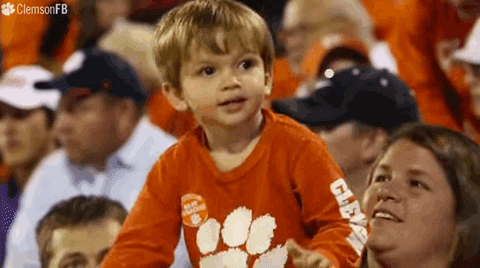- NIL Wire
- Posts
- 🏅 Interview with NCAA Agent Brad Blevins
🏅 Interview with NCAA Agent Brad Blevins

Hey there,
Today’s interview is with Brad Blevins – lawyer, NIL agent, and overall legal guru. As someone who a multi-billion dollar portfolio, we thought he could give us key insights into the legal and business side of the NIL ecosystem.
In this interview, we asked Brad about how he reviews NIL contracts, the importance of trademarking within the NIL space, and how he approaches an NIL negotiation as an agent. It’s a good one – let’s get to it!
Want to connect with Brad? You can find him on LinkedIn here.
— Cole, Justin and Collin
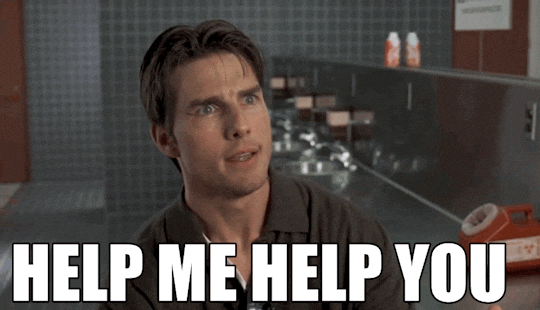
What are the key elements you look for when reviewing NIL contracts to ensure they protect the athlete's interests?
The most important thing I do when reviewing NIL contracts for athletes is obtain a deep understanding of who my clients are, including their wants and needs, and then do the same for the brand, collective, and entity., on the other side.
Having this knowledge helps dictate many of the key elements in any agreement, including compensation, the length of the agreement, and the breadth of the rights that the athlete agrees to license out.
Often brands ask for too much, like unlimited rights to use or modify photos, and seek to retain those rights in perpetuity, while being the only brand the athlete endorses in X industry. Something that broad will almost never be prudent for any athlete to accept. At the same time, such a request dramatically increases the price and scope for the brand, and is often well beyond how the company intends to utilize the deliverable in the first place.
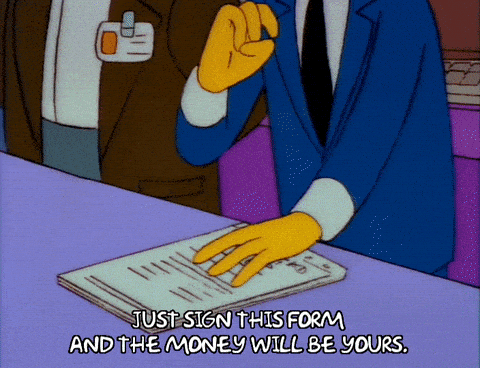
Can you explain the process and importance of trademark registration for athletes looking to monetize their name, image, and likeness?
Trademarks are an important and valuable tool to protect an athlete’s name or logo. That said, they aren’t necessary or cost-effective for many college athletes.
The USPTO process can take 12-18 months and can be costly, with legal and filing fees that increase based on the number of industry classifications the athlete wants to register for.
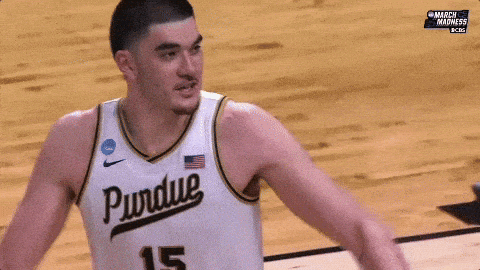
So, where I have a client who is very active in NIL and wants to sell merchandise, host camps, or protect a specific logo, I recommend them.
Conversely, some clients just work with their collective or aren’t very active outside of social media, in which a trademark might not yield much benefit.
Teaming up with
As a reader of NIL Wire, you clearly follow along with the evolving sports landscape, now let's take that to the next level. This 8 week course with NIL experts is designed for everyone connected to the sports industry, including: parents of student-athletes, former athletes, coaches, sports agents, academic advisors, compliance officers, college athletic directors, administrators, brand marketers, and content creators.
Learn from industry experts about branding, marketing, contract negotiation, and NCAA compliance. Gain insights into leveraging social media, creating endorsement deals, and managing finances. With practical, real-world strategies, our course prepares you to navigate collegiate athletics confidently. Enroll today at Sports Management Worldwide and take control of your future!
What advice do you give to athletes about forming business entities, such as LLCs or corporations, to manage their NIL earnings and protect their personal assets?
All athletes active in the space can benefit from forming an LLC. They are usually not costly, can be obtained quickly, and the extra layer of protection is invaluable, especially when the athlete pursues higher-risk NIL activities like camps or private instruction.
How do you approach negotiations and representation to secure the best deals for athletes under NIL agreements while ensuring compliance with NCAA regulations?
With constant research and preparation. Over the last few years, the landscape has been ever-changing, mostly expanding rules that benefit athletes.
As a result, court cases, NCAA regulations, state laws, and institutional policy, all have to be considered when negotiating deals and kept at the front of mind, to ensure that the athletes can receive the maximum benefit from the most recent changes.
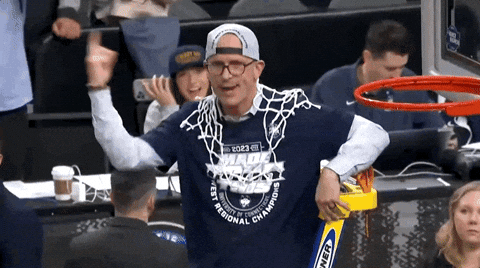
With the recent changes caused by the House vs. NCAA settlement how do you see this affecting the athletes you represent?
It is almost too difficult to predict at this point, with the settlement still pending judicial approval and question marks about how much each school will spend and allocate funds and what collective involvement will look like.
That said, I am certainly hoping that any settlement results in increased revenue allocations to my clients on top of what they're making now. I'd also like to see some logic applied to how and to whom funds are distributed, and I am really hoping that adverse impacts to non-revenue-generating sports will be minimal. In a perfect world, I'd also like to see my clients, and all athletes for that matter, have a voice in the process.
